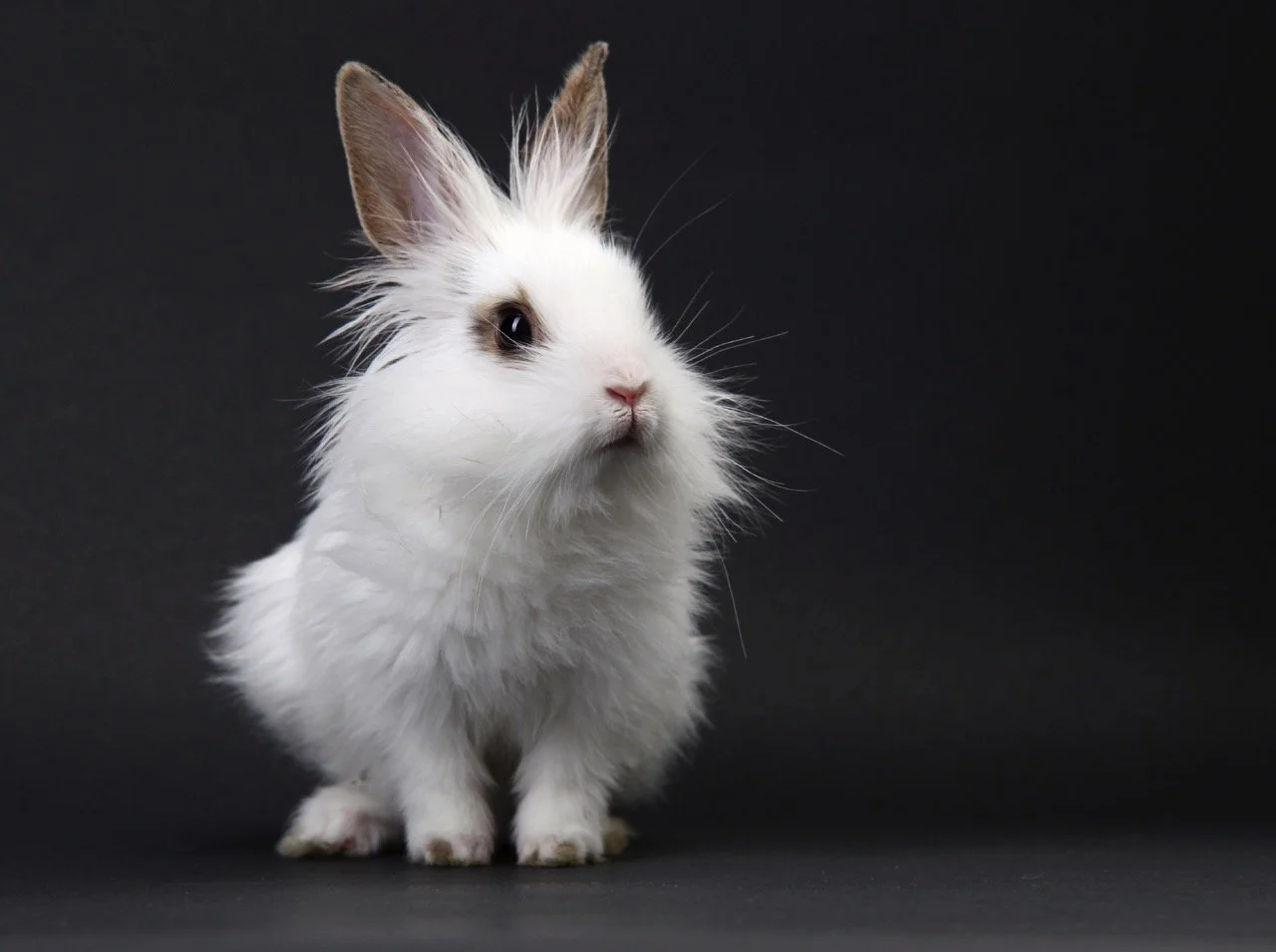Rabbit Care
Rabbits are great pets that have character, are extremely sociable, enjoy the company of humans and are a great way of introducing young children to pet ownership. They are quiet, clean and are easily toilet trained.
HOUSING
While rabbits love company, they can be left alone during the day and are therefore suitable for people who work or are away from home. A predator-proof enclosure to ensure their safety is essential. An appropriate enclosure is a hutch that is divided into two connecting compartments, one a wire mesh to allow access to natural light and fresh air, while the other is enclosed to provide protection against weather and a secure sleeping place. The floor of your rabbit's hutch should be covered with newspaper, with a layer of bedding material like straw, grass, hay or shredded paper for warmth, comfort and to prevent pressure sores on your bunny’s feet. Consider extreme weather conditions and ventilation when choosing a location for your hutch. Rabbits are extremely sensitive to the hot summer temperatures we experience in Australia and may die of heat stroke if their hutch is not in a cool, shady position.
EXERCISE
Rabbits should have at least two hours outside of the hutch for exercising each day. Handling them will also be of benefit in keeping them tame.
GROOMING
Using a firm brush to remove dead hairs, tangles and pieces of garden matter should form part of your daily routine.Grass seeds can commonly become stuck in their eyes, ears and nose, causing irritation or even infection. Check your rabbit’s rear end daily to make sure it is clean and dry, if soiled it is very prone to fly strike.
DIET
Feeding and nutrition is the most important factor in making sure your rabbit stays healthy. Many commercial rabbit foods don't contain enough fibre (18 - 20% is required) and are too high in fats and sugars. Rabbits are herbivores so their diet should consist almost entirely of vegetable matter. Pellets and mixes should not form a main part of the diet. Grass or hay is an essential dietary component to ensure your rabbit’s health. Apart from providing a high fibre diet, chewing hay wears down their continuously-growing teeth and keeps them occupied, preventing boredom. Ideally,feed your bunny 85% hay and 15% veggies such as Asian greens or endive (lettuce and cabbage can cause diarrhoea). Treats such as fruits, root veggies(carrots), capsicum and pellets should only be offered in small amounts (1 - 2tablespoons per day per rabbit). Fresh water should always be available using both a drip feed bottle and an open container.
HEALTH CHECKS & VACCINATIONS
Routine veterinary care for rabbits includes vaccination against calicivirus and desexing. Councils release calicivirus to eradicate feral populations and pet rabbits are as susceptible to this as feral rabbits. Females can become quite aggressive when mature and are very prone to reproductive cancers. Like all animals, rabbits should have regular veterinary checks, especially to check their teeth and claws.
Reminders
We conveniently use SMS and email to send you reminders when boosters are due so you don't have to worry about remembering.
We welcome you to book an appointment with us to discuss how to keep your rabbit in optimal health.
SICK AND INJURED RABBITS
We refer to speciality practices and emergency centres with more frequent rabbit exposure and specialty training for sick and injured rabbits. Below is the closest experienced speciality practice for exotics including rabbits. Please also click HERE for a contact sheet with additional options.
Dr Alex Rosenwax & Associates
Birds & Exotics Veterinarian
995 Bourke Street
(corner of Hawksley Street)
Waterloo NSW 2017
Ph: 9319 6111

